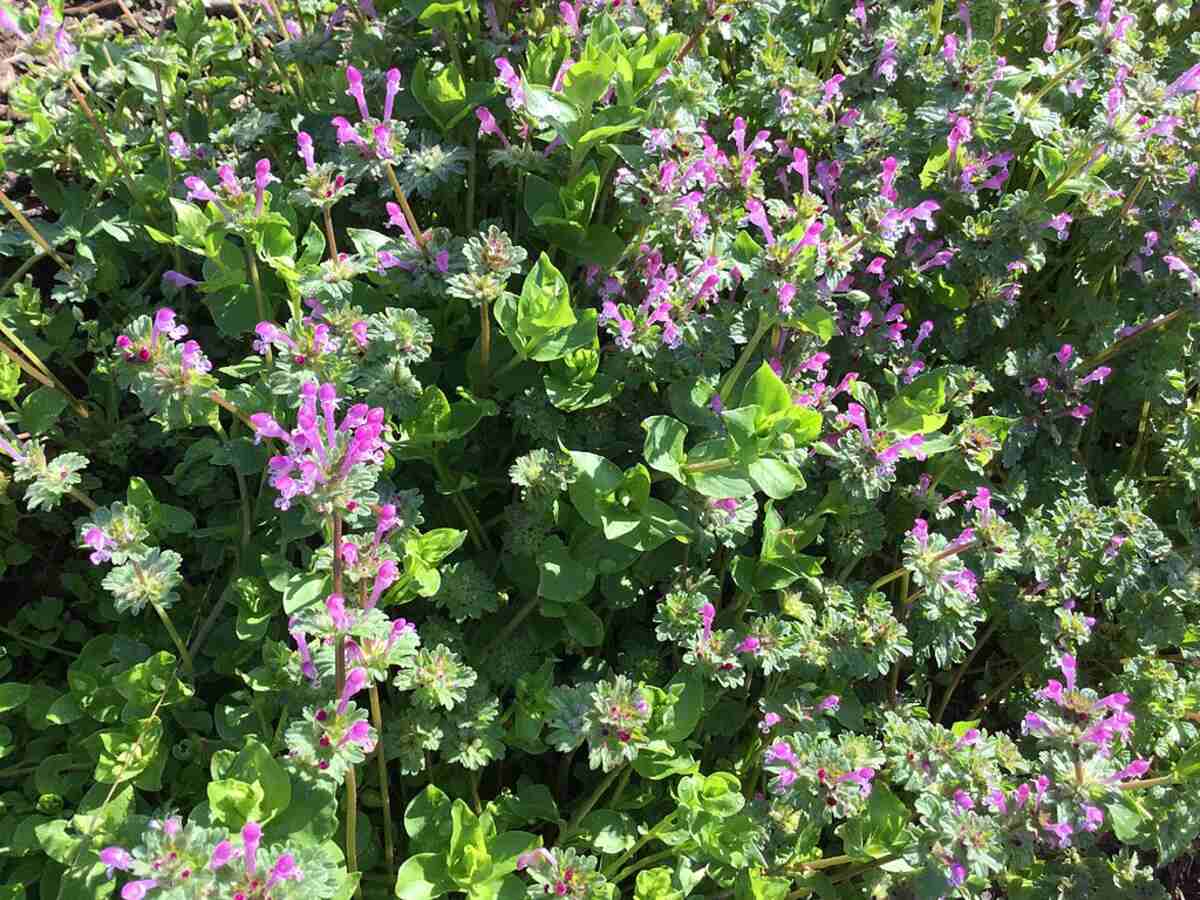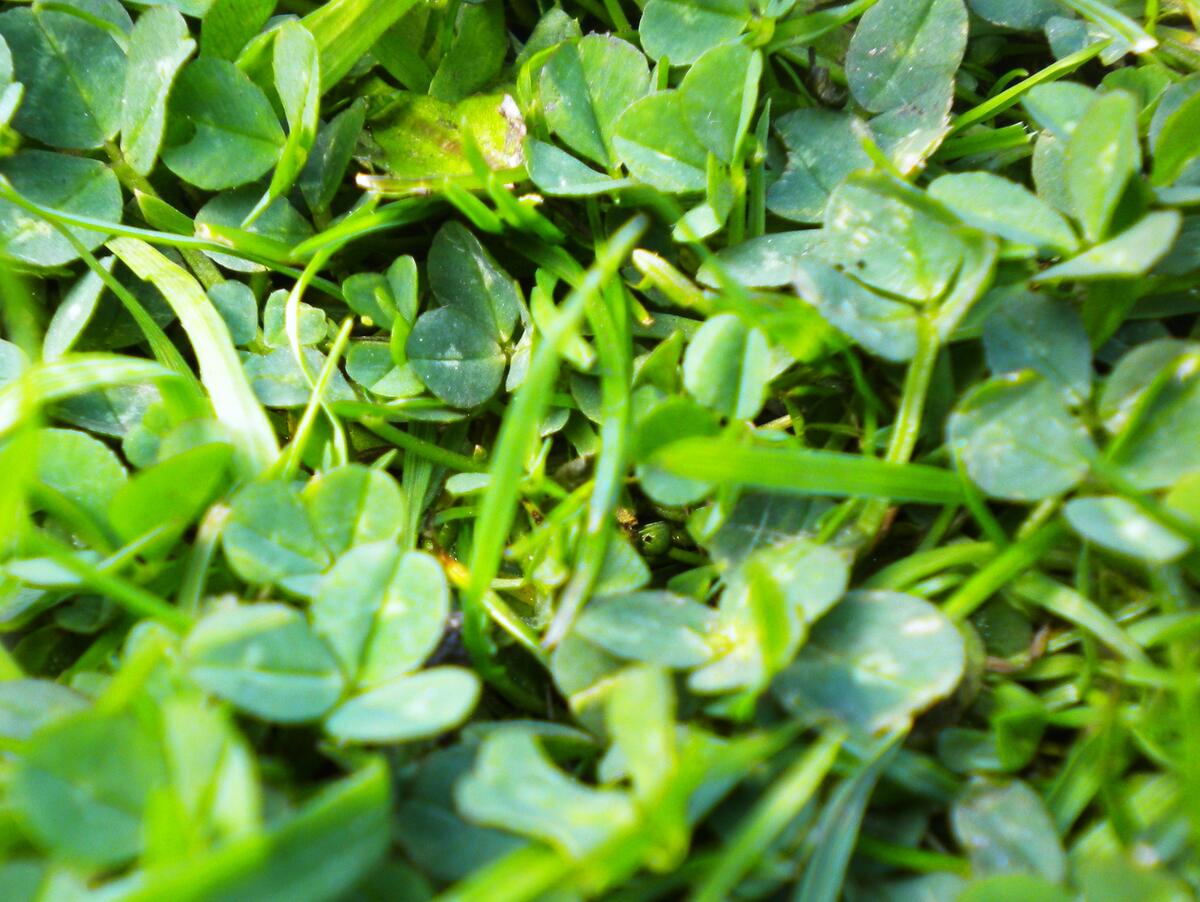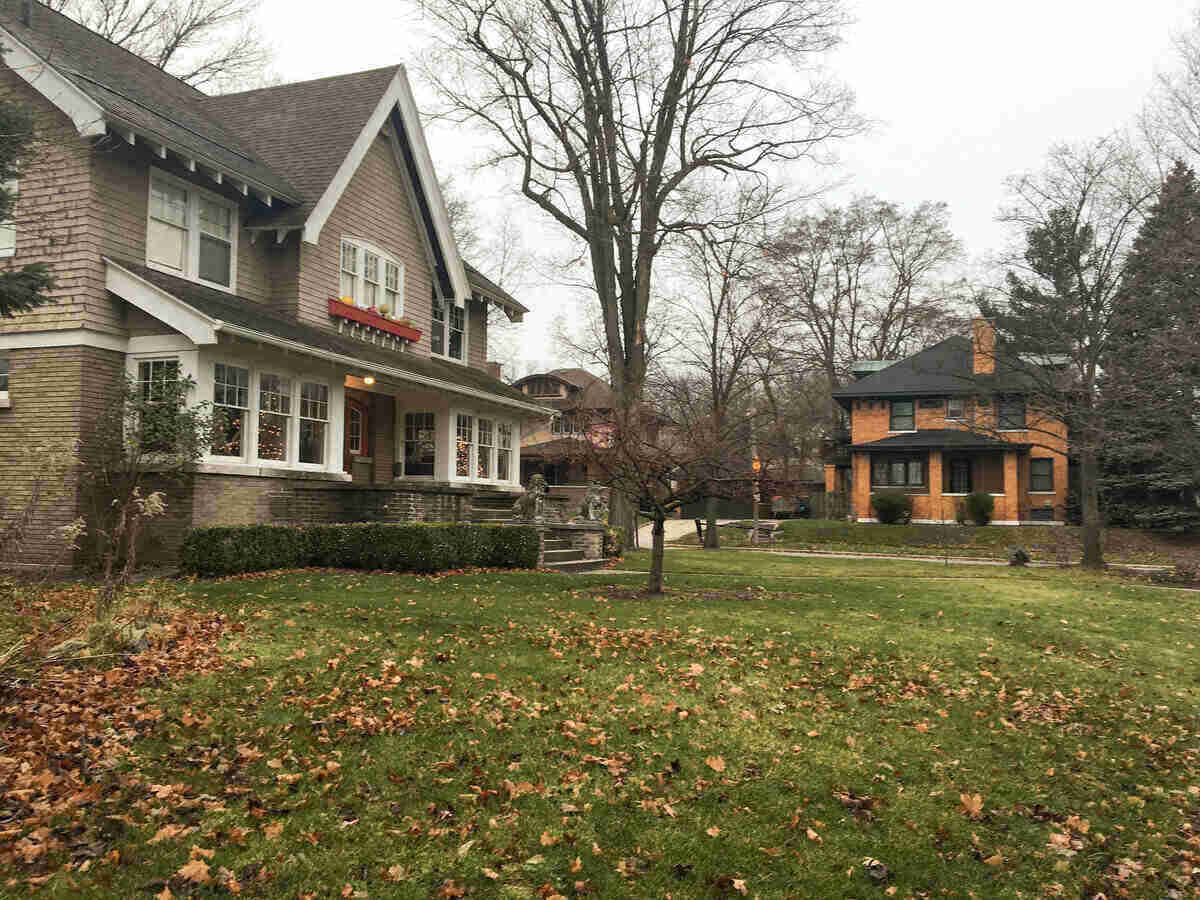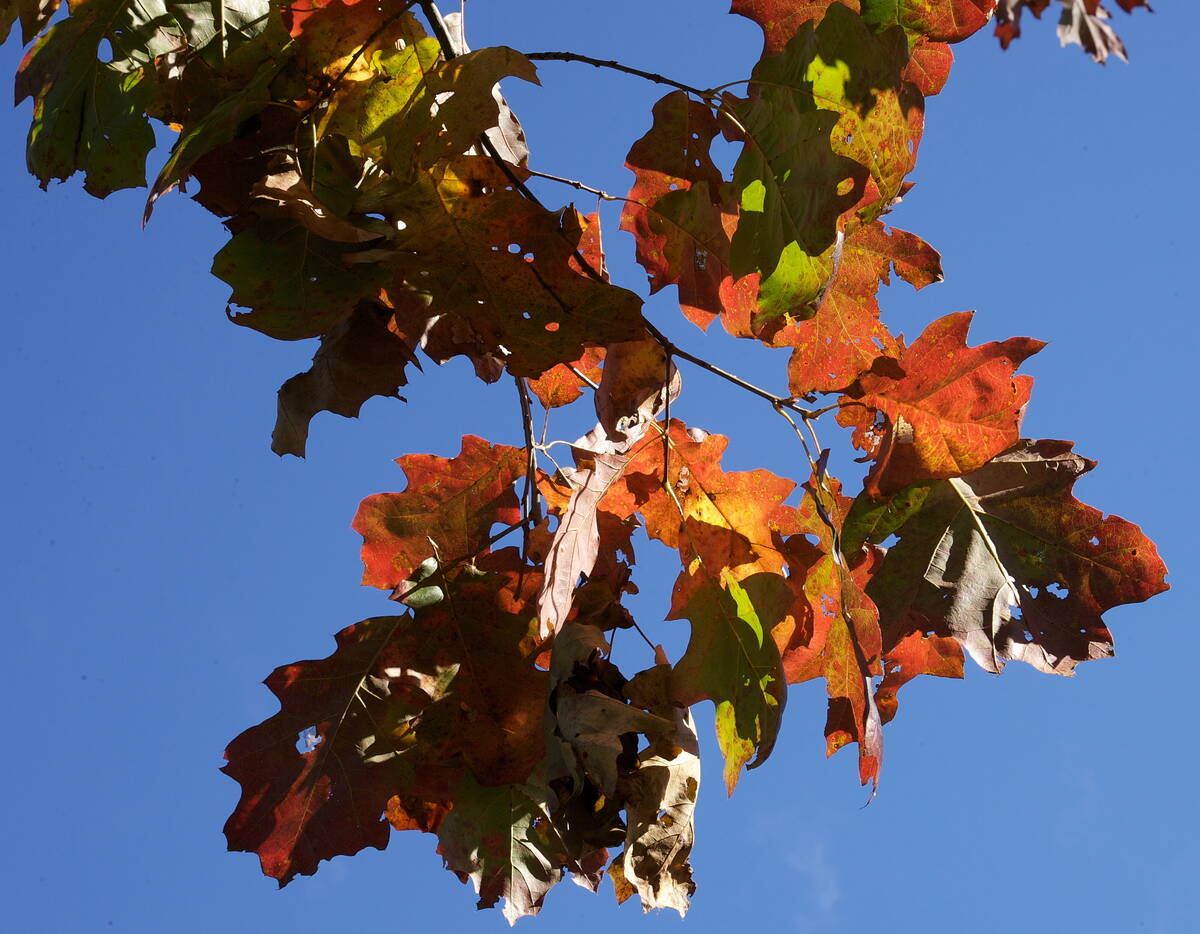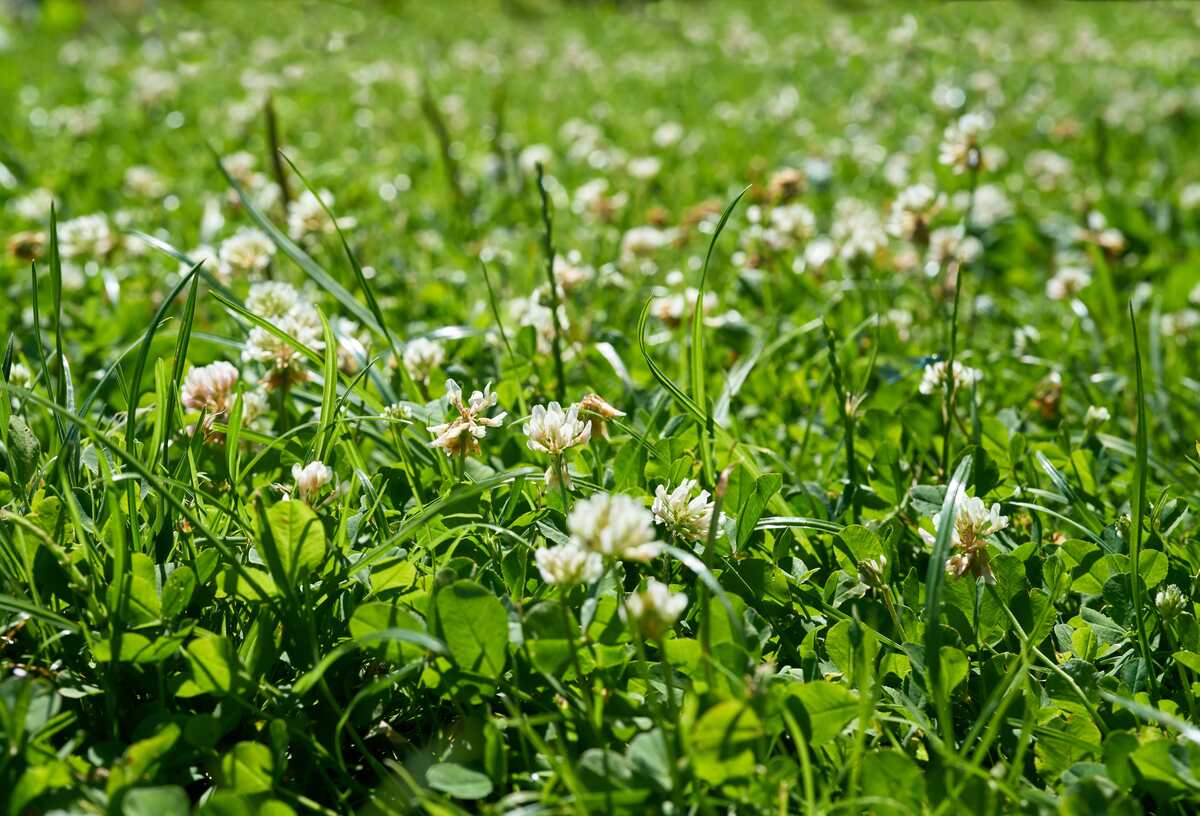
Creating a clover lawn in Michigan is a possible and good alternative to traditional grass, blending beauty with low maintenance while supporting local ecosystems.
From choosing the right type of clover and understanding your soil to ensuring proper sun exposure and managing the ever-present deer, there are some aspects to consider. Continue reading to learn more about clover lawns in Michigan.
Clover Lawn in Michigan
Why is a clover lawn possible in Michigan? Well, clover is a hardy little plant that thrives in USDA hardiness zones 3 to 10. Michigan, with its hardiness zones ranging from 4a to 6b, falls right in the clover-friendly zone. So, your dream of a clover lawn is totally possible. You just need to consider some things if you are going to plant a clover lawn:
Picking the Perfect Clover for Your Michigan Lawn
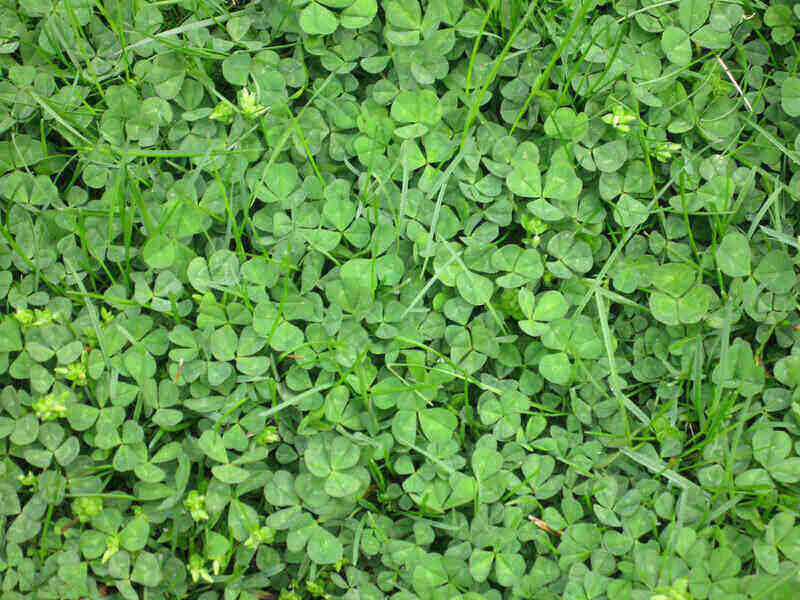
When choosing the right clover for your Michigan lawn, consider both white clover and microclover:
- White clover: White clover is an excellent reseeder, blooming from March through early May. It germinates in 7 to 10 days and grows 4 to 8 inches tall. This type of clover needs moisture to get started, but once it’s settled in, it can handle occasional dry spells like a champ. It also attracts bees, so you’ll be helping local pollinators.
- Microclover: Developed specifically for lawns, this variety keeps a tidy, compact shape that’s easy to care for in Michigan. It has all the benefits of white clover but grows more uniformly – it’s smaller and needs even less attention.
- Red clover: This is a well-suited clover for cool, moist climates. What sets red clover apart is its deep root system, which allows it to withstand drought conditions better than other clover varieties. It also has beautiful pink and purple flowers that add a splash of color to any landscape.
Understanding the Type of Soil in Your Yard

Michigan has a diverse range of soils, from the sandy soils prevalent in the western and northern portions of the Lower Peninsula to the rich clays and loams found in the southern Lower Peninsula. Soil textures can vary greatly depending on your location.
Fortunately, clover is an adaptable plant. It thrives in various soil types, whether you have sandy, poor clay, or moist well-drained soils. Regardless of whether your yard resembles the sandy shores of Lake Michigan or the fertile fields near Ann Arbor, your clover will flourish.
Evaluating Sun Exposure in Your Yard
Sun exposure is a critical factor to consider when planning your clover lawn in Michigan. Clover’s primary requirement is adequate sunlight. They thrive in conditions ranging from full sun to partial shade. By selecting the right spot with sufficient sunlight, you will set the stage for a resilient clover lawn.
Consider Clover Lawn Maintenance Needs
Before planting a clover lawn in Michigan, it’s important to consider its water and overseeding needs. While clover is relatively drought-tolerant once established, it will require some extra watering to help it survive Michigan’s hot, dry summers. Additionally, it can struggle with the harsh winters. To maintain a nice clover lawn, you will need to reseed in spring and fall.
Beware of Deer Danger
When planning a clover lawn in Michigan, it’s important to consider the local deer population. White-tailed deer are present in every county in Michigan. These deer roam from rural woodlands to urban and suburban areas.
Deer are active throughout the year and will move to different areas based on food availability. Unfortunately for your clover lawn, deer find clover particularly appetizing. While a clover lawn offers numerous benefits, it also presents a tempting buffet for deer. To protect your lawn, you may need to implement strategies to deter these hungry visitors.
Advantages of Growing a Clover Lawn in Michigan
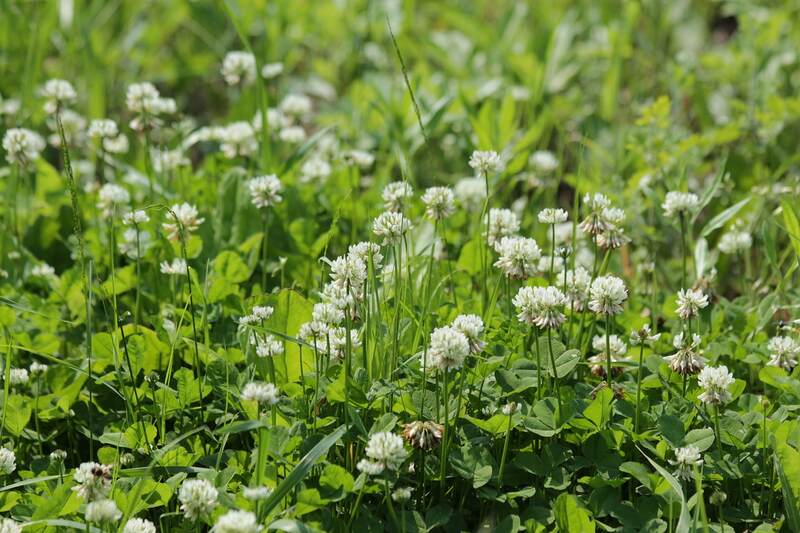
Several advantages make clover lawns appealing. Take a look at them:
- Low-maintenance: Clover lawn requires less mowing, no fertilization, and no herbicides, saving you time and money.
- Improves soil health: Clover is a nitrogen-fixing plant. It naturally enriches the soil, eliminating the need for chemical fertilizers.
- Pollinator-friendly: Clover flowers attract bees and other pollinators, supporting local ecosystems.
- Moderate foot traffic resistance: It can tolerate moderate foot traffic making it a durable option for active yards.
- Reduces erosion: Clover’s dense root system helps prevent soil erosion.
- Prevent weeds: Clover naturally crowds out weeds, reducing the need for herbicides.
For more details, check out “8 Reasons to Plant a Clover Lawn.”
FAQ About Clover Lawns
Is clover toxic to dogs?
No, clover is safe for dogs and kids but it may cause undesirable symptoms in horses.
When does white clover bloom?
White clover will bloom in the spring, starting in March, and continue to flower throughout the early part of summer, typically until early June. Here’s a guide on when to plant clover in Michigan.
Is clover resistant to dog urine?
Yes, all types of clovers are more resilient than grass to dog urine.
Get Professional Help
Creating a clover lawn in Michigan can be both rewarding and visually appealing, offering a blend of low maintenance and ecological benefits. If you need assistance or expert advice to navigate these factors, contact a local landscaping professional.
Whether you’re in the sandy soils of Grand Rapids, the clay-rich earth of Ann Arbor, or anywhere in between, a professional can provide the expertise needed to make your clover lawn flourish.
Main Image Credit: Heiko Küverling / Adobe Stock Free / License
